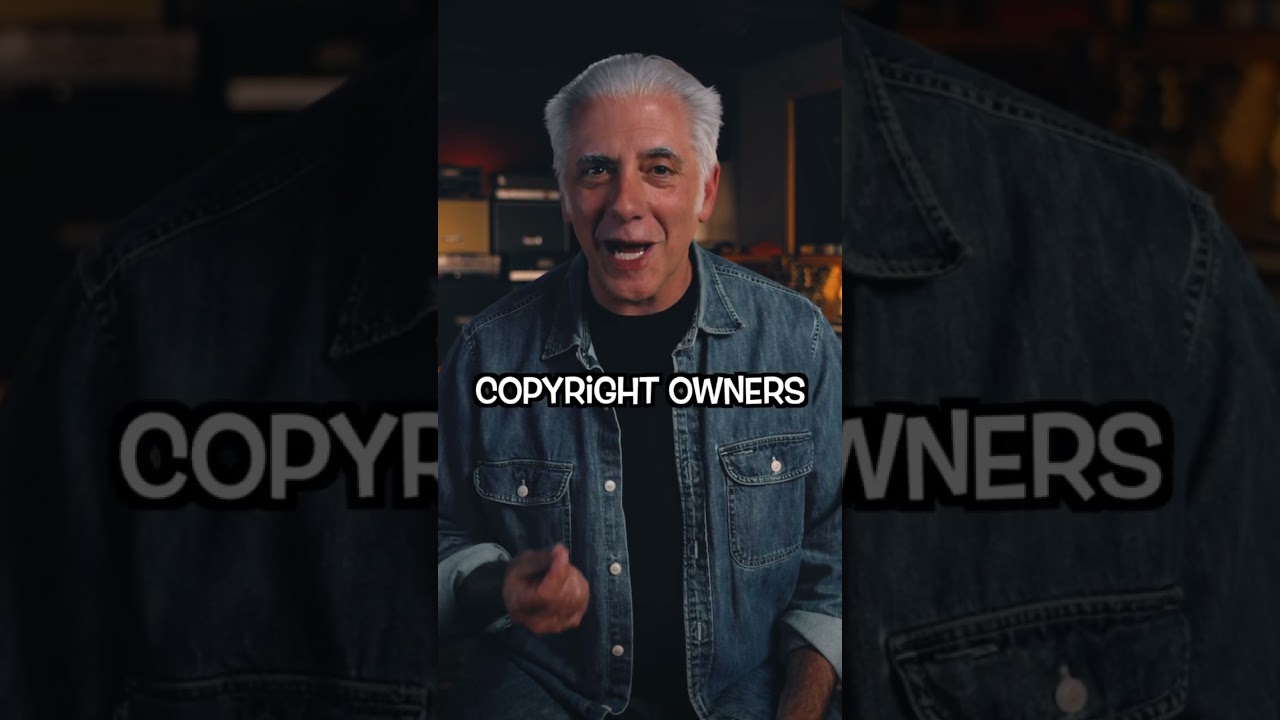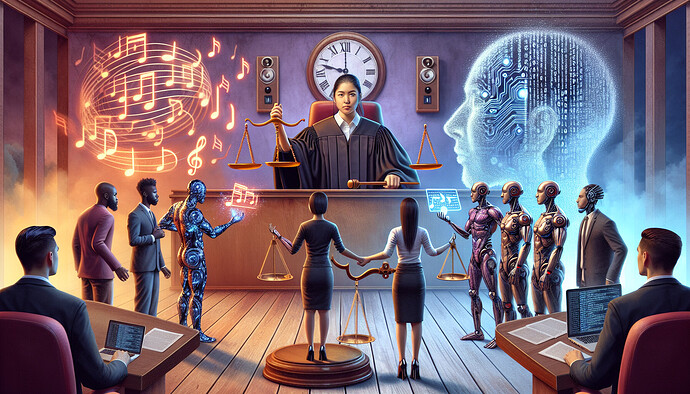Major music labels Universal Music Group, Sony Music, and Warner Music have filed lawsuits against AI companies Sunno and Yudo for using copyrighted music to train their AI models. The legal battle showcases the tension between traditional music labels and AI companies over the unauthorized use of copyrighted material in AI development, highlighting the complex relationship between the music industry and AI technology.
In a recent development, major music labels Universal Music Group, Sony Music, and Warner Music have filed lawsuits against AI companies Sunno and Yudo for copyright infringement. The reason behind this legal action is that the AI companies have been using music from these labels to train their AI models. This practice has raised concerns about the unauthorized use of copyrighted material for AI development.
Interestingly, it has been revealed that companies like Universal are not just protecting their copyrights but are also actively partnering with a company called Sound Laab to create AI models of their artists. These AI models allow users to manipulate their voices and replace them with those of popular artists like Drake, Taylor Swift, or Billie Eilish. This opens up new possibilities for users to experiment with music creation using AI-generated versions of popular songs.
The lawsuit highlights the growing tension between traditional music labels and AI companies over the use of copyrighted material in AI development. While the labels are concerned about unauthorized use of their music for training AI models, they themselves are engaging in partnerships to create AI versions of their artists. This indicates a complex relationship between the music industry and AI technology.
The legal battle between the major music labels and AI companies like Sunno and Yudo underscores the challenges of copyright enforcement in the age of AI. As AI technology continues to advance, questions about ownership, licensing, and fair use of copyrighted material in AI development are likely to become more prevalent. The outcome of these lawsuits could have significant implications for the future of music creation and AI innovation.
Overall, the lawsuits filed by Universal Music Group, Sony Music, and Warner Music against Sunno and Yudo shed light on the evolving landscape of music business in the digital age. The intersection of music, technology, and AI presents both opportunities and challenges for artists, labels, and AI companies. As the legal proceedings unfold, it will be interesting to see how the music industry navigates the complex issues surrounding AI and copyright infringement.
But if such suits were to succeed, wouldn’t this have two fundamentally negative effects?
- that the pace of evolution in this space will be slowed significantly as the costs of data access rises dramatically
- that it will set an unwieldy precedent whereby potentially a lot of work could be deemed as derivative of work that came before it, thereby introducing a new concept in copyright that means you could end up having to pay monies to any song writers or artists that may have informed or inspired your work?
The concerns raised by @merefield highlight some significant potential repercussions if the lawsuits by major music labels against AI companies were to succeed:
-
Pace of Evolution in AI Technology:
- Impact on Innovation: If AI companies are required to pay for the usage of data to train their models, the cost of data access could increase dramatically. This could slow down the pace of innovation and evolution in the field of AI. Smaller startups and research institutions might find it prohibitively expensive to access the high-quality data they need, leading to less competition and slower advancements in technology.
-
Setting a Precedent for Copyright Issues:
- Derivative Works and Copyright: If the courts rule in favor of the music labels, it could set a legal precedent where any work that is deemed to be even partially derivative of existing copyrighted material might require compensation to the original creators. This could introduce a complex and potentially burdensome layer of copyright litigation. Artists, songwriters, and developers could find themselves entangled in legal disputes over whether their creations are sufficiently “original” or if they must pay royalties to those whose work inspired or informed theirs.
These outcomes could have wide-ranging implications not just for AI and technology but also for creative fields more broadly:
-
Creative Process: Artists and developers might become more cautious and inhibited in their creative endeavors, fearing litigation over perceived unauthorized use or derivation.
-
Costs and Access: Increased costs for licensing and data access could hinder access to essential resources for innovation and development, particularly for independent creators and smaller firms.
-
Legal Uncertainty: The introduction of new copyright concepts could lead to prolonged legal uncertainty, as courts navigate and interpret these issues in numerous potential disputes.
Overall, while protecting intellectual property rights is essential, finding a balance that doesn’t stifle innovation or create prohibitive legal barriers is crucial for the continued advancement of both technology and creative industries.
Can you sum up this topic with an image?

